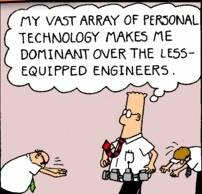December 15, 2015
Seven essential workplace design trends to keep an eye on during 2016 0
 What has become increasingly apparent over recent years is that the office isn’t just a place to work, but also a driver of competitive advantage. We’ve always known this to a greater or lesser extent, but the dynamic and ever shifting nature of the modern world is presenting organisations with new and evolving challenges that they must address with all of the tools at their disposal. At the heart of this complexity is the physical workspace. Its design touches on every aspect of the changing workplace and the objectives organisations set for themselves and their employees. Although it has lots its primacy as the main place of work, you could also argue that the focus on the office’s key strengths makes it more important than ever within the context of overall working cultures. So, with that in mind, here are ten of the most important current trends in workplace design and management we foresee for 2016.
What has become increasingly apparent over recent years is that the office isn’t just a place to work, but also a driver of competitive advantage. We’ve always known this to a greater or lesser extent, but the dynamic and ever shifting nature of the modern world is presenting organisations with new and evolving challenges that they must address with all of the tools at their disposal. At the heart of this complexity is the physical workspace. Its design touches on every aspect of the changing workplace and the objectives organisations set for themselves and their employees. Although it has lots its primacy as the main place of work, you could also argue that the focus on the office’s key strengths makes it more important than ever within the context of overall working cultures. So, with that in mind, here are ten of the most important current trends in workplace design and management we foresee for 2016.






























December 21, 2015
From workplace wellness programmes to a positive workplace culture 0
by Mark Eltringham • Comment, Wellbeing, Workplace, Workplace design
(more…)